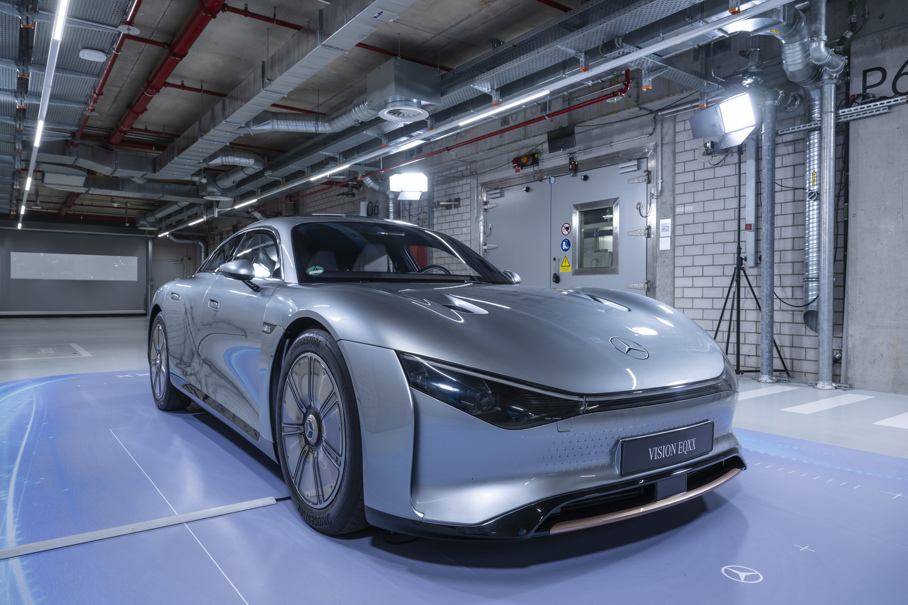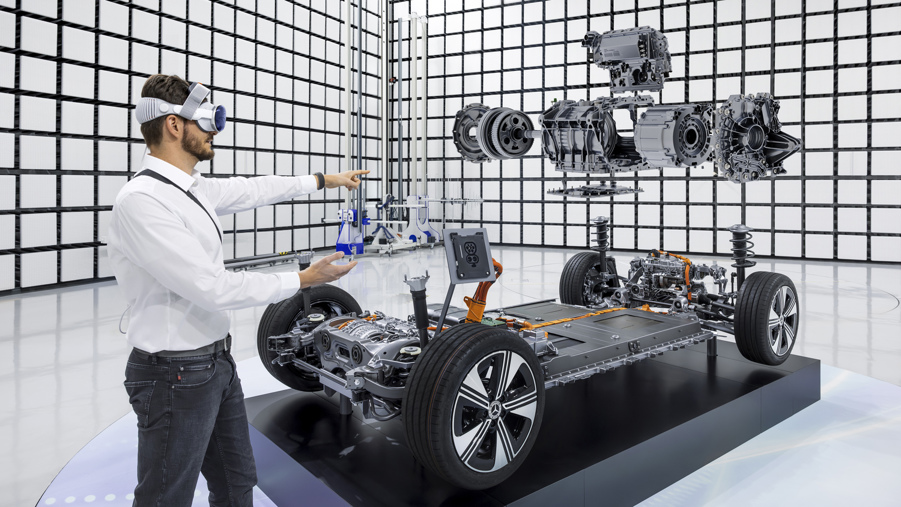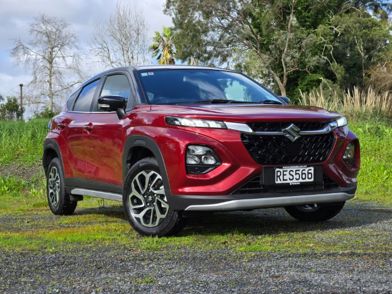Mercedes-Benz has unveiled a groundbreaking development in electric vehicle (EV) efficiency through its next-generation drivetrains, set to underpin upcoming models like the Concept CLA Class.
Drawing from the pioneering Vision EQXX project, these advancements include an 800V system and a highly efficient electric drive unit (EDU 2.0). This setup achieves a battery-to-wheel efficiency of 93% on long journeys, showcasing exceptional real-world performance.

The Concept CLA Class demonstrates the promise of this technology with a projected WLTP range exceeding 750km and a consumption rate of just 12kWh/100 km.
A two-speed gearbox on the rear axle enhances both performance and efficiency, while the advanced silicon carbide inverter ensures optimal energy utilisation.
The innovations showcased in the Concept CLA Class are built on the Mercedes-Benz Modular Architecture (MMA), a platform engineered for compact and mid-sized electric vehicles.

Designed with an electric-first focus, the MMA incorporates a skateboard chassis that integrates the battery, drivetrain and chassis into a unified structure.
The platform also offers flexibility, accommodating hybrid powertrains alongside fully electric configurations. This modularity supports a range of body styles, including sedans, SUVs and shooting brakes, ensuring adaptability for future models while maintaining peak efficiency and sustainability.
The 800V electric architecture allows for unprecedented charging speeds, delivering up to 320kW via DC fast charging. In just 10 minutes, drivers can add up to 300km of range.

Battery options include an advanced premium version with a usable capacity of 85kWh and a volumetric energy density of 680Wh/l. A more affordable alternative features lithium iron phosphate (LFP) chemistry, offering 58kWh with an emphasis on cost efficiency and sustainability.
Safety and longevity have been key priorities in the new battery design. Advanced structural integration and extensive crash testing ensure compliance with Mercedes-Benz's stringent safety standards. A robust eight-year warranty further underlines the brand’s confidence in its high-voltage batteries.
During a 24-hour test at Nardò in southern Italy, a near-production CLA prototype achieved an extraordinary feat, covering 3717km.

The vehicle maintained an average speed of nearly 155km/h while stopping only 40 times for ten-minute charges. This accomplishment highlights the system’s real-world capability for long-distance travel.
Mercedes-Benz has also announced a 48V hybrid drivetrain for its MMA platform. This system integrates an electric motor into an eight-speed dual-clutch transmission, enabling electric-only driving in urban settings and energy recuperation. With power levels ranging from 100 to 140kW, these hybrids cater to diverse driving needs.
Mercedes-Benz’s commitment to innovation extends beyond vehicles.
The newly established eCampus in Stuttgart is spearheading advancements in battery cell chemistry and production efficiency. By reducing cobalt usage and enhancing recycling processes, the company is making strides towards sustainable mobility.
















































































































